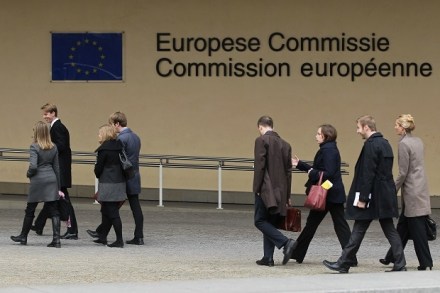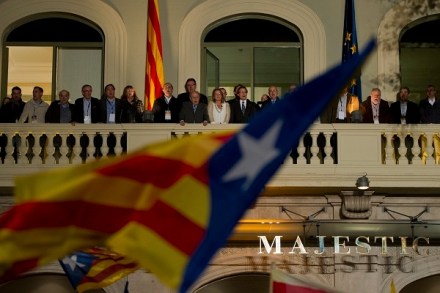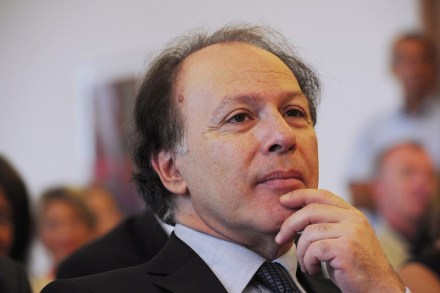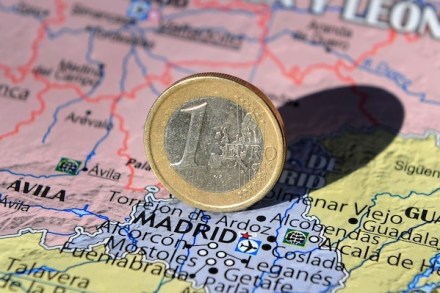Scotland and the EU: Mariano Rajoy should just jog on.
It’s bad enough being lectured by politicians from Edinburgh or even London. That, I suppose, is to be expected however. Irritating but normal. It’s rather different when foreigners – real foreigners – decide to interfere in our own constitutional rammy. It smacks of impertinence. When that intervention comes from the leader – to put it in Sun-speak – of a nation of donkey-slaying, rock-coveting bankrupts it’s even less respectable. So the suggestion made yesterday by Mariano Rajoy, Prime Minister of what we still call Spain, that an independent Scotland would, by creating a new country, need to reapply for EU membership is hackle-raising stuff. You’re tempted to reply jog on, pal. Of course

















